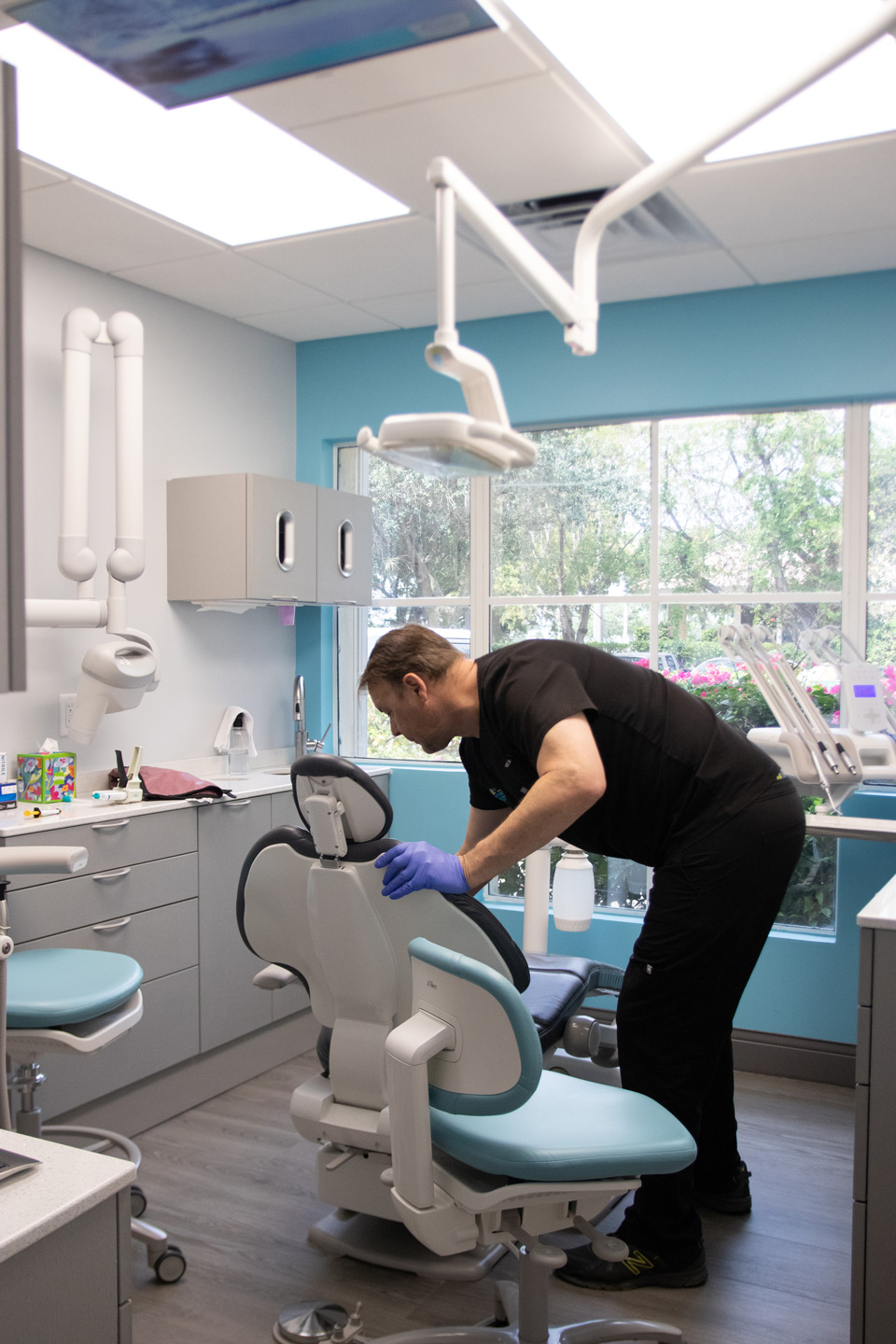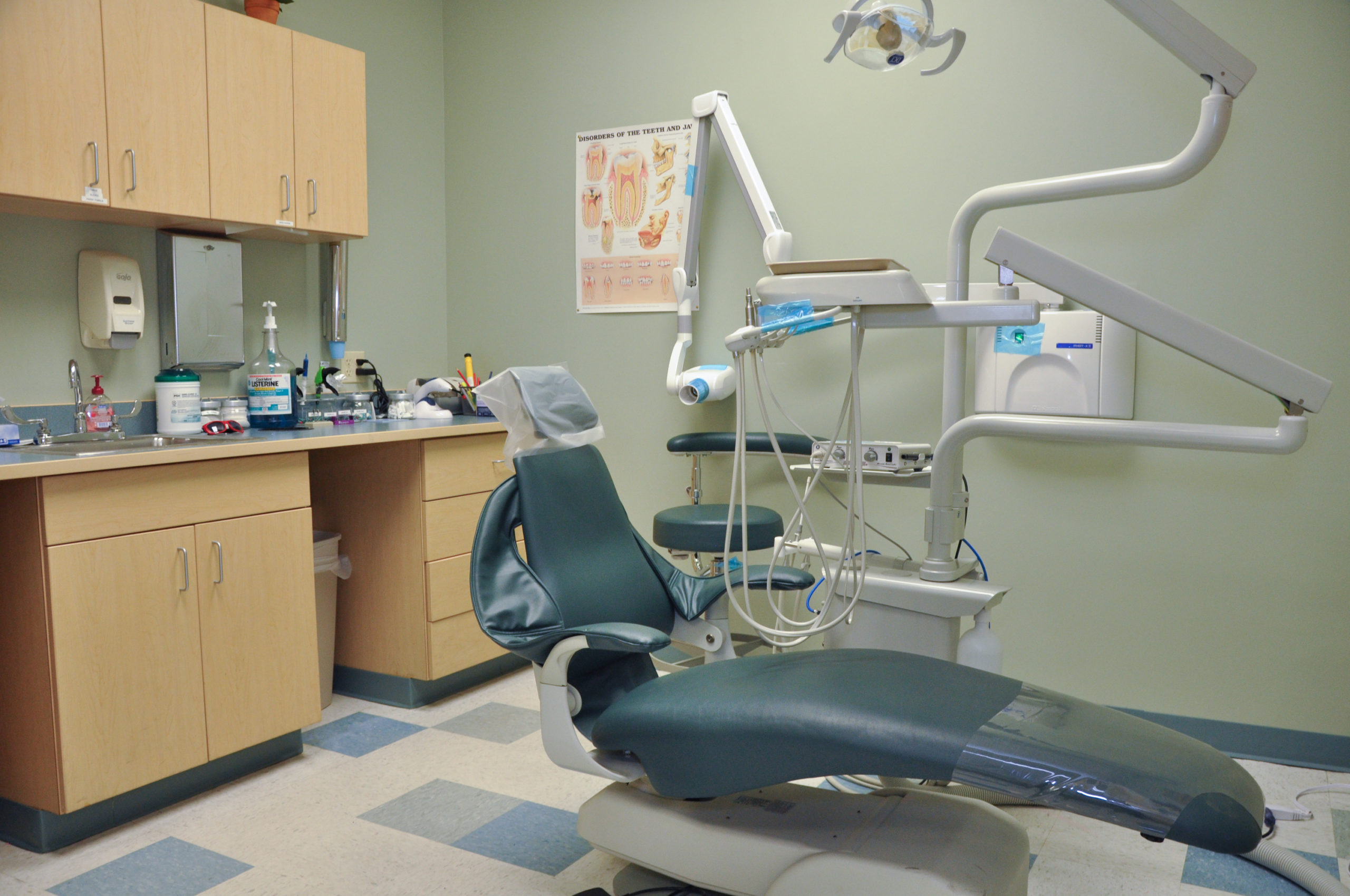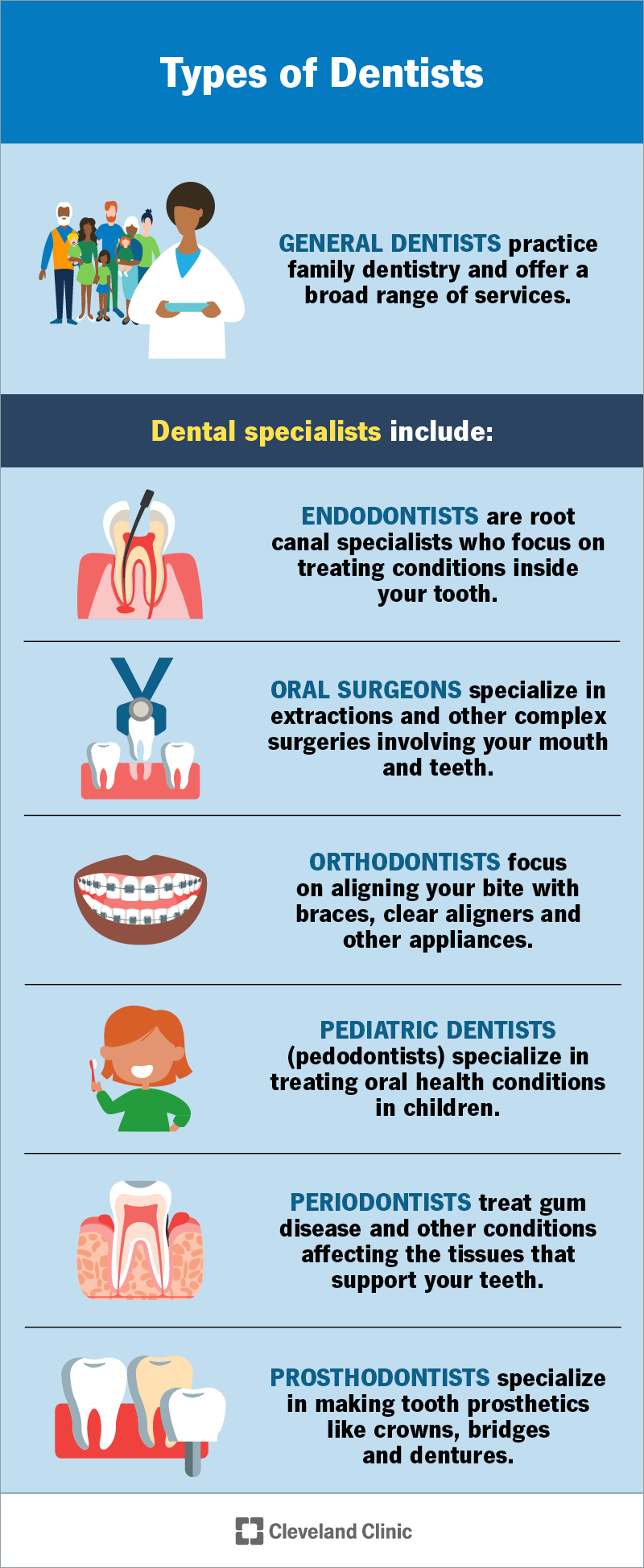Typical Questions About Dental Veneers Answered
Oral veneers have come to be a significantly desired alternative for those seeking to improve their smiles, yet numerous individuals continue to be unclear concerning numerous elements of their use. Key inquiries often emerge pertaining to the application process, longevity, and possible risks related to these cosmetic improvements. The distinction between porcelain and composite veneers can substantially influence one's selection. As we check out these common queries, it becomes important to take into consideration not only the advantages but also the implications of choosing dental veneers in search of an extra confident appearance. What variables should one evaluate before making such a choice?
What Are Oral Veneers?
Oral veneers are thin, personalized shells crafted from porcelain or composite resin that are created to cover the front surface area of teeth. These dental prosthetics serve both visual and useful functions, giving a service for different oral blemishes, including discoloration, chips, spaces, and imbalance. By adhering to the teeth, veneers can substantially boost the total look of a smile, creating a more appealing and uniform appearance.
Porcelain veneers are especially preferred for their natural translucency and tarnish resistance, making them a perfect selection for individuals seeking resilient outcomes. On the other hand, composite resin veneers are typically less costly and can be used in a single go to, however they might not offer the same sturdiness as porcelain alternatives.
The choice to opt for dental veneers frequently comes from a need for visual renovation, yet patients should also consider elements such as the durability of the product, upkeep requirements, and the prospective demand for tooth reduction (Veneers). Eventually, dental veneers represent a effective and versatile solution for achieving a glowing smile, accommodating specific aesthetic requirements while promoting self-confidence and self-worth
Exactly How Are Veneers Applied?
The application process for veneers requires careful preparation and accuracy to make sure ideal results. The procedure normally starts with a comprehensive examination, where the dental practitioner examines the person's oral health, discusses desired outcomes, and figures out the ideal sort of veneers, whether porcelain or composite resin.
As soon as the treatment strategy is established, the dentist prepares the teeth by getting rid of a thin layer of enamel, typically concerning 0.5 mm to 1 mm, to suit the veneer. This step is vital as it guarantees an appropriate fit and avoids the veneers from appearing cumbersome - Low Cost Veneers. After preparation, impressions of the teeth are required to develop personalized veneers that match the client's unique oral structure and aesthetic choices
While the irreversible veneers are being fabricated in an oral lab, temporary veneers might be placed to secure the prepared teeth. When the permanent veneers are all set, the dental expert will thoroughly bond them to the teeth using a solid dental adhesive. Final changes are made to guarantee appropriate alignment and bite, adhered to by polishing for an all-natural appearance. The process finishes in a follow-up appointment to keep an eye on the veneers' fit and the patient's fulfillment with their brand-new smile.
What Are the Advantages?

Additionally, veneers are recognized for their sturdiness and resistance to tarnishing compared to natural company website teeth. Made from top notch materials such as porcelain or composite material, they can maintain their appearance for many years with correct care. This longevity makes them a functional financial investment in one's dental appearance.
Along with visual renovations, veneers can also contribute to enhanced dental health. By covering harmed or weakened teeth, they can offer extra assistance and defense, helping to avoid additional decay or degeneration. This safety facet can reduce the need for more comprehensive dental procedures in the future.

How Much Time Do They Last?
With appropriate treatment and maintenance, dental veneers can last anywhere from 10 to 15 years, making them a durable remedy for improving one's smile. The long life of veneers largely depends upon the product made use of, the quality of the preliminary positioning, and the person's adherence to oral hygiene methods.
Porcelain veneers are recognized for their sturdiness and resistance to discoloration, typically lasting closer to the 15-year mark when cared for suitably. Composite veneers, while extra budget friendly, may need substitute faster, often within 5 to 10 years due to their sensitivity to wear and discoloration.

Additionally, using a mouthguard throughout sporting activities or nighttime can offer additional defense. Ultimately, while veneers use a substantial aesthetic enhancement, their durability is significantly influenced by the commitment to proper oral treatment and normal assessments with a dental expert.
Exist Any Kind Of Threats?
Considering the transformative impacts of dental veneers, it is necessary to recognize the possible threats associated with their application. While veneers can improve the look of teeth, the treatment entails the elimination of a slim layer of enamel, which can raise tooth level of sensitivity and susceptability to degeneration.
One significant risk is the possibility of improper positioning or suitable, leading to discomfort, bite misalignment, or even damage to the underlying tooth structure. Additionally, if the veneers are not maintained properly, they can become discolored or chipped over time, demanding substitute.
People might additionally experience sensitive reactions to the products made use of in the veneers, specifically if they have level of sensitivities to specific dental composites. In addition, while veneers are sturdy, they are not undestroyable; extreme force from clenching or grinding can lead to cracks.
It is necessary for clients to consult with a certified dental professional to review their private risks and to adhere to aftercare guidelines carefully. By comprehending these risks, clients can make informed choices regarding their oral veneer treatment and ensure the long life and success of their enhancements.
Verdict
In summary, dental veneers stand for an important cosmetic remedy for enhancing smiles, with considerations regarding their a fantastic read application, advantages, long life, and associated dangers. Inevitably, informed decision-making concerning oral veneers can lead to here sufficient aesthetic results and enhanced oral wellness.
Oral veneers are thin, customized coverings crafted from porcelain or composite material that are designed to cover the front surface of teeth. After preparation, perceptions of the teeth are taken to develop personalized veneers that match the patient's distinct dental structure and aesthetic preferences.
While the long-term veneers are being produced in an oral research laboratory, short-lived veneers may be put to secure the ready teeth. When the irreversible veneers are all set, the dentist will thoroughly bond them to the teeth using a solid oral adhesive. Inevitably, educated decision-making pertaining to oral veneers can lead to sufficient visual end results and boosted dental health.